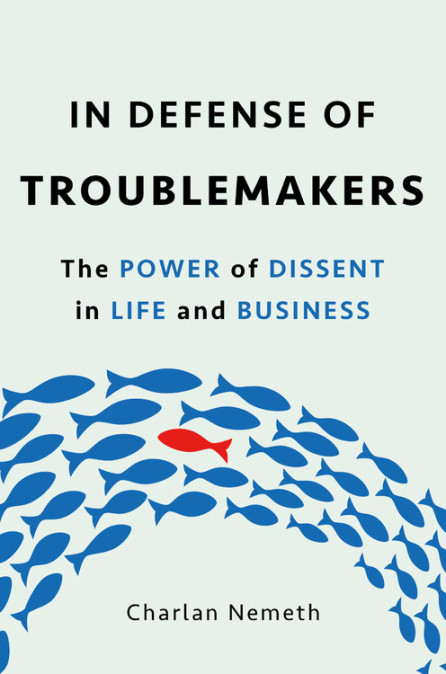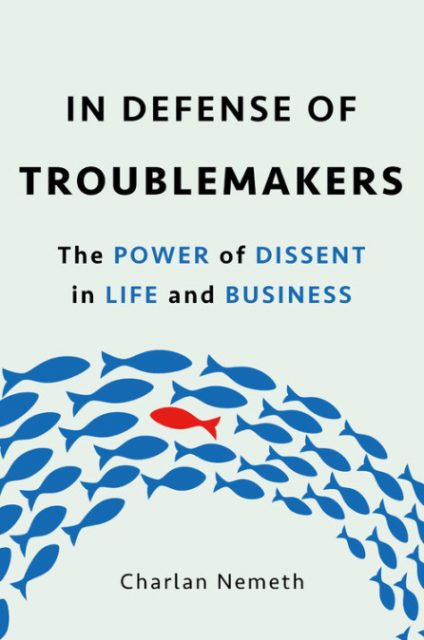 A few months ago I bought an Instant Pot (which, yes, has revolutionized my life) and three new cookbooks to help me understand how to use it. Two of those cookbooks were terrific and the third was, well, awful.
A few months ago I bought an Instant Pot (which, yes, has revolutionized my life) and three new cookbooks to help me understand how to use it. Two of those cookbooks were terrific and the third was, well, awful.
That cookbook was full of errors, had few helpful instructions and no illustrations, and was organized in an incomprehensible way.
So why did I buy it? Because it had more than a thousand five-star reviews on Amazon.
I figured all those people couldn’t possibly be wrong. Right? Right?
Wrong. In my haste to purchase a cookbook amidst an overwhelming number of choices I ignored some potential red flags, like that the book was self-published and the author had no prior experience writing cookbooks or particular expertise in, you know, actually cooking. I just went with the crowd of five-star reviewers (some of whom, I am convinced, must have been paid).
That kind of experience is not unusual, says Berkeley psychology professor Charlan Nemeth in her new book In Defense of Troublemakers: The Power of Dissent in Life and Business, which I just finished reading. Even though the book is not about religion, from my perspective as a Mormon, I was nodding along with many of her research findings about how readily human beings cluster around the safety of a majority opinion—and how quick we are to disbelieve or even attack dissenters who express a different point of view. I see this a lot at church, to be candid.
Not that Mormons are unusual in this way. People aren’t generally very open to changing our beliefs, and we’ll go out of our way to only expose ourselves to perspectives that confirm those beliefs. (This is what Mormons would call seeking out only “faith-promoting” materials.)
Such confirmation bias leads to consensus thinking, to “everyone knows that . . . ” ideas. But consensus thinking is often wrong, and Troublemakers offers example after depressing example of times when majority rule has led to unfortunate or even fatal outcomes, like wrongful convictions by juries and even a plane crash.
Majority “thinking” tends to be wrong because it didn’t actually involve much thinking at all. We didn’t have to think. We just went along to get along, as humans do. In the process we ignored any information that didn’t support the majority viewpoint.
But there’s good news too. Sometimes people’s minds do get changed, and that happens when we’re exposed to dissenters with different points of view. Galileo comes along and says, um, nope, the earth isn’t the center of the universe. Or historian Juanita Brooks writes a definitive book that reveals that the LDS Church’s official history of the Mountain Meadows Massacre is terribly inaccurate.
Dissenters, Nemeth says, help us to be better thinkers because they make us actually look at evidence more closely. We ask harder questions. We’re open to fresh strategies to solve problems.
Even a single dissenter can make a difference when he or she breaks up the power of consensus thinking. Edward Snowden leaked documents that challenged the majority consensus that the government’s collection of personal information was a benign, localized phenomenon. He acted alone, but he still changed the game, as evidenced by President Obama’s more nuanced post-Snowden reflections on the surveillance program he had once defended, and by the fact that ordinary Americans now express greater concern about how their private information is used. (Are you listening, Facebook? Yes, of course you are. Silly question.)
What’s more, dissent is valuable even if the dissenters are eventually proven wrong. The process of assimilating and trying to disprove dissent forces us to ask tough questions, so if we come to majority agreement we do so in a more informed and logical way.
But in the LDS Church, as in many hierarchical contexts, it takes courage to be a dissenter. To be that one person in Gospel Doctrine class who says, “I don’t agree with this part of the curriculum as it’s written, and here’s why.” (Been there.) To be the Young Women leader who bucks convention and says the rule against girls wearing butterfly-sleeve shirts to camp is just plain stupid. (Done that.)
Nemeth says we tend to punish dissenters, who make us profoundly uncomfortable:
Even on trivial issues, people become angry when a minority view is voiced, even more so if it persists. We argue with dissenters, questioning their intellect, their motives, and sometimes even their sanity. We often respond with punishment or ridicule.
Consider how punishment factors into the examples above: Galileo was convicted of heresy and placed under house arrest until his death, and Juanita Brooks was ostracized by fellow Mormons and banned from publishing in any official Church periodicals. Just for speaking truths that later generations would acknowledge or even embrace.
It’s difficult for dissenters, but it’s vital that Mormonism has them. The healthiest organizations are not the ones that shut down dissent or pretend that everyone is always in agreement. They’re the ones that allow multiple points of view to inform their decisionmaking process.
The book shows how in some corporate cultures, there’s a tendency, which is probably well-intentioned, to tell people not to criticize, especially in brainstorming sessions. You’d think that instructing groups to keep criticisms to themselves would actually result in people feeling freer to express their opinions, because they’d have no fear of seeing their ideas shot down in a meeting. But in fact, the “do not criticize” rule tends instead to stop the conversation before it’s even started, because fewer ideas are offered, and the ones that people voice are the same-old, same-old thing.
“Allowing debate and criticism led to significantly more, not fewer, ideas,” says the author. Shutting down dissenters imperils the organization. Her research shows that manufactured harmony is not the route to creative ideas or the finest solutions to problems.
So Mormons, bring on your dissenting voices. Let your divergent opinions be known in your church meetings, lessons, and potlucks.
Politely, of course. We’re still Mormons.






